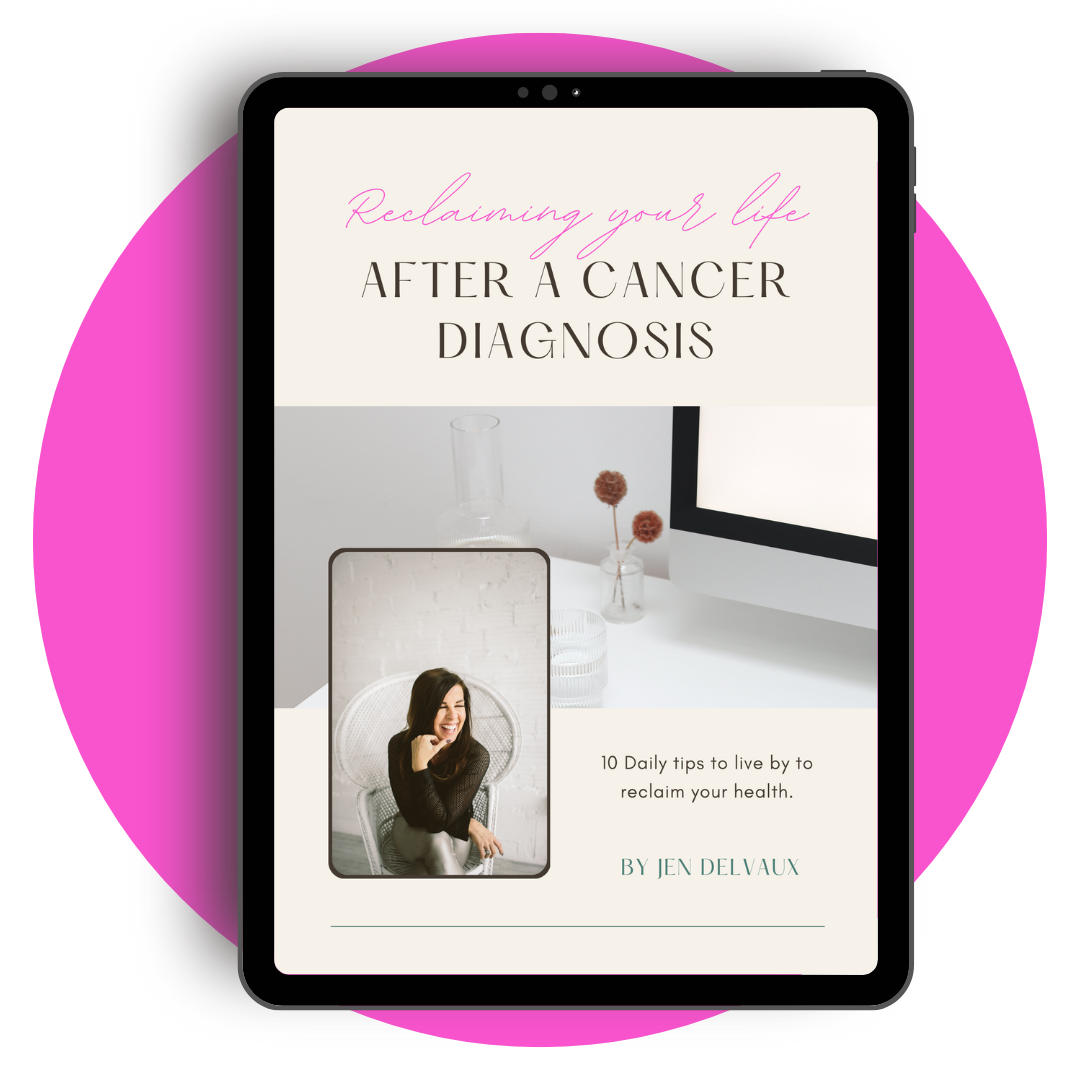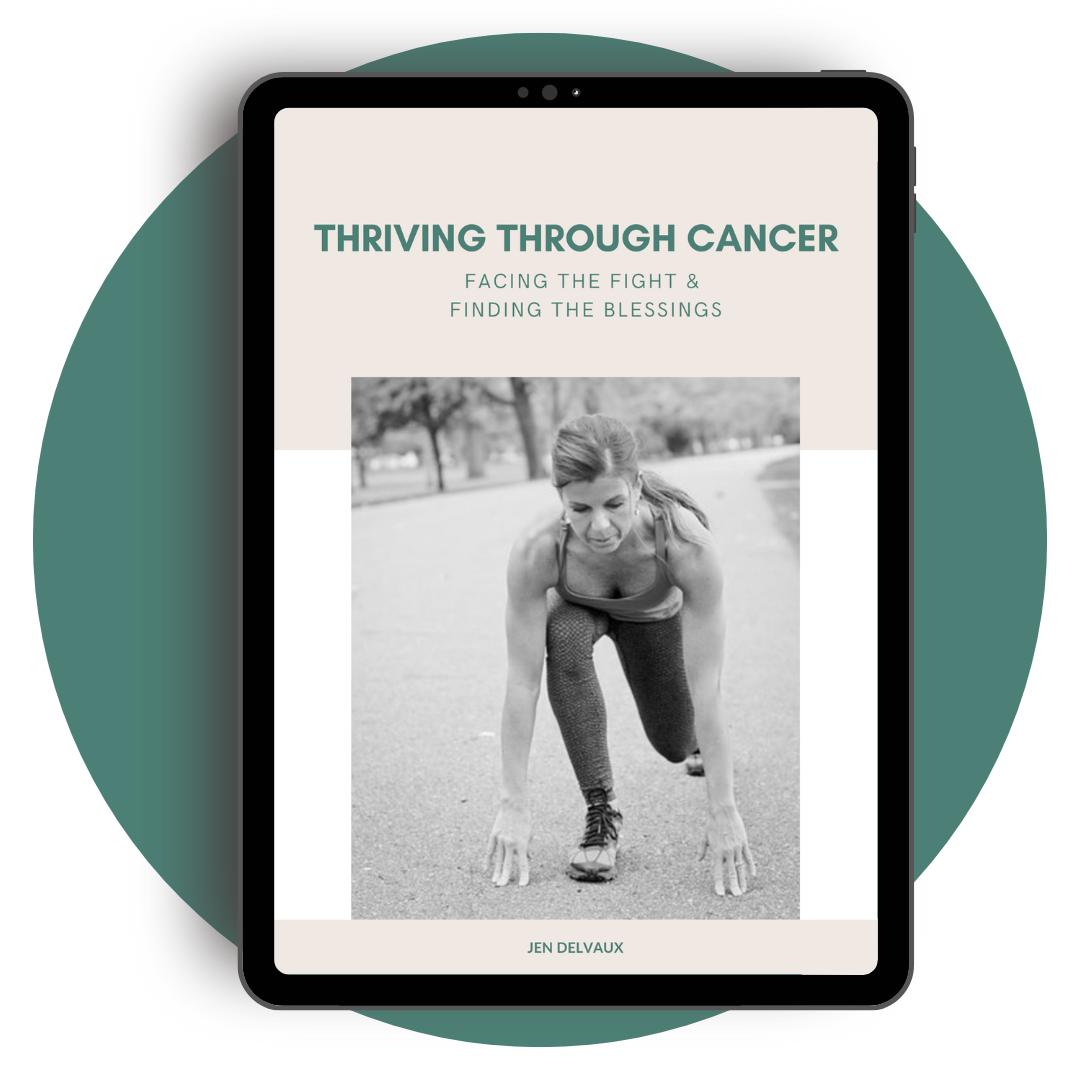Nutrition and Cancer: Eating Well During and After Treatment
Aug 19, 2024
Navigating a cancer diagnosis and treatment can be an overwhelming journey, not just for patients but also for caregivers. Among the many aspects that require attention, nutrition often stands out as a critical component for supporting the body during and after treatment. Eating well can help manage side effects, maintain strength, and improve overall well-being. This blog will explore the importance of nutrition for cancer survivors and caregivers, offering practical tips and insights to guide you through this challenging time.
The Role of Nutrition During Cancer Treatment
Cancer treatment, including chemotherapy, radiation, and surgery, can significantly impact your nutritional needs and how your body processes food. Side effects like nausea, fatigue, loss of appetite, and taste changes can make it difficult to maintain a healthy diet. However, eating well is essential for several reasons:
-
Supporting the Immune System: Proper nutrition helps strengthen the immune system, which can be compromised during treatment. A diet rich in vitamins, minerals, and antioxidants supports the body’s natural defenses.
-
Maintaining Energy Levels: Cancer treatment can be physically taxing. Consuming enough calories and nutrients helps keep energy levels up, reducing fatigue and helping you stay active.
-
Promoting Healing and Recovery: Nutrients like protein, vitamins, and minerals play a vital role in tissue repair and recovery. A well-balanced diet aids in healing from surgery and recovering from the effects of chemotherapy and radiation.
-
Managing Treatment Side Effects: Certain foods can help alleviate common side effects such as nausea, constipation, and mouth sores. For example, ginger may help reduce nausea, while high-fiber foods can combat constipation.
Practical Nutrition Tips During Treatment
Eating during cancer treatment may require some adjustments. Here are some tips to help you maintain a nutritious diet:
-
Small, Frequent Meals: If you’re struggling with a reduced appetite, try eating smaller meals more frequently throughout the day. This approach can make it easier to get the necessary nutrients without feeling overwhelmed.
-
Focus on Protein: Protein is essential for healing and maintaining muscle mass. Incorporate sources like lean meats, poultry, fish, eggs, beans, and dairy into your diet. Smoothies with protein powder can also be a good option.
-
Stay Hydrated: Drinking enough fluids is crucial, especially if treatment causes dehydration. Aim for at least 8 cups of water a day, and consider hydrating foods like soups, smoothies, and fruits with high water content.
-
Customize Your Diet to Side Effects: Adapt your food choices to manage specific side effects. For example, if you’re experiencing mouth sores, opt for soft, bland foods that are easy to swallow. If nausea is an issue, try ginger tea or dry crackers.
-
Consult with a Dietitian: A registered dietitian specialized in oncology nutrition can provide personalized advice tailored to your specific needs and treatment plan.
The Importance of Nutrition After Treatment
Once treatment ends, nutrition continues to play a vital role in your recovery and long-term health. A well-balanced diet can help you regain strength, support your immune system, and reduce the risk of cancer recurrence. Here’s how to prioritize your nutrition after treatment:
-
Emphasize Whole Foods: Focus on eating a variety of whole foods, including fruits, vegetables, whole grains, and lean proteins. These foods are rich in essential nutrients that support overall health and recovery.
-
Maintain a Healthy Weight: After treatment, it’s important to find a balance between regaining any lost weight and maintaining a healthy weight. This can be achieved by focusing on nutrient-dense foods and engaging in regular physical activity.
-
Incorporate Antioxidant-Rich Foods: Antioxidants help protect the body’s cells from damage. Include plenty of colorful fruits and vegetables in your diet, such as berries, leafy greens, carrots, and sweet potatoes.
-
Limit Processed Foods: Processed foods, especially those high in sugar, salt, and unhealthy fats, can contribute to inflammation and other health issues. Aim to minimize these foods in your diet.
-
Stay Physically Active: Regular physical activity complements a healthy diet by boosting energy levels, improving mood, and supporting overall well-being. Activities like walking, yoga, or swimming can be beneficial during and after recovery.
Caregiver Tips for Supporting Loved Ones
As a caregiver, your role is crucial in supporting your loved one’s nutritional needs during and after treatment. Here are some ways you can help:
-
Plan and Prepare Meals: Preparing nutritious meals in advance can relieve the stress of meal planning and ensure that healthy options are readily available.
-
Be Patient and Understanding: Taste changes and appetite fluctuations are common during treatment. Be patient and willing to adapt meals based on your loved one’s preferences and needs.
-
Encourage Hydration: Remind your loved one to drink fluids regularly, and offer hydrating foods like soups, broths, and water-rich fruits.
-
Offer Emotional Support: The emotional aspect of eating is important. Sit down and eat together, offering companionship and encouragement.
-
Seek Professional Guidance: If you’re unsure about your loved one’s nutritional needs, don’t hesitate to seek advice from a dietitian or healthcare professional.
Nutrition is a powerful tool in the fight against cancer and plays a vital role in recovery and long-term health. Whether you’re a survivor or a caregiver, understanding the importance of eating well during and after treatment can help you navigate this challenging journey with strength and resilience. Remember, every small step towards a healthier diet contributes to a stronger, healthier you.
By focusing on nutritious, balanced meals and staying informed, you can support your body and mind during this time and beyond. Take it one day at a time, and don’t hesitate to seek help from healthcare professionals who can guide you on your nutritional journey.








